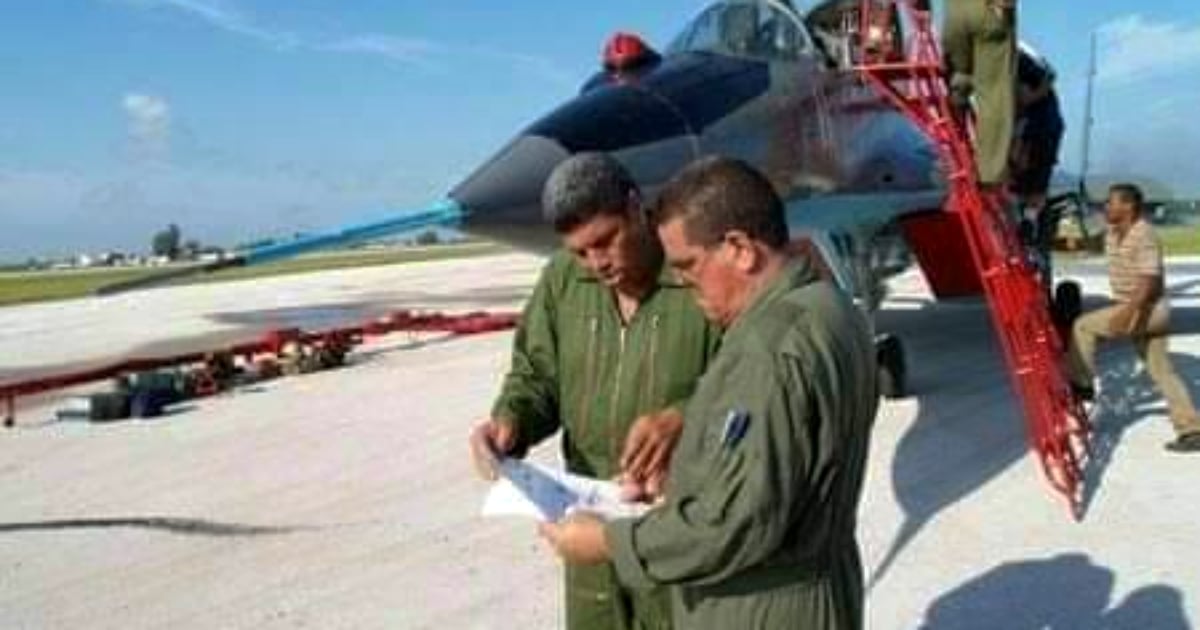
The Cuban exile community expressed its indignation and surprise after learning that the Cuban military pilot Luis Raúl González-Pardo Rodríguez, linked to the downing of two aircraft from the organization Brothers to the Rescue in 1996, entered the United States under the Humanitarian Parole program.
The arrival of ex-colonel González-Pardo, which occurred on April 19, 2024, has generated controversy due to his role in the operation that resulted in the death of four Cuban Americans.
González-Pardo, who was a member of the Cuban Antiaircraft Defense and Revolutionary Air Force (DAAFAR), was involved in the mission that intercepted civilian aircraft in international waters, according to an investigation by the International Civil Aviation Organization.
Orestes Lorenzo Pérez, an exiled pilot who escaped from Cuba in 1991, confirmed to Martí Noticias that González-Pardo participated in the aerial pursuit that led to the downing of the aircraft, although he assured him that he had not fired against them.
The incident of 1996 remains a high point in the memory of the Cuban exile community in Miami, and the arrival of the pilot has been seen as an affront to the victims and their families.
Arnaldo Iglesias, one of the survivors of the attack, expressed his dissatisfaction, calling the situation "unacceptable."
Silvia Iriondo, who was also on board one of the planes that managed to escape, demanded answers from U.S. authorities, calling for explanations from Secretary of State Antony Blinken and Secretary of Homeland Security Alejandro Mayorkas.
González-Pardo, who has denied most of the accusations against him, has not yet made a complete public statement regarding his involvement in the incident.
However, Orestes Lorenzo stated that the pilot could be key to clarifying details that remain hidden about the attack. Despite the controversy, González-Pardo continues to live in Jacksonville, where he works in a bakery and awaits the arrival of his wife.
What do you think?
COMMENTFiled under: